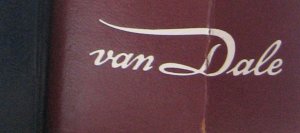
Dutch dictionary Van Dale is considering a bunch of English words as well as translated English words to be included into the Dutch language. The words are often slang that goes mainstream and IT-related words.
-
Selfie – Same meaning and spelling as in English, taking a picture of yourself with a mobile phone.
Shishapen – In English ‘shisha pen’, an electric cigarette, shisha being of Egyptian origin.
Sukkelseks – Dutch for low-quality sex, although I thought it meant ‘pity sex’.
Gamechanger – ‘Game changer’, used by politicians and business people.
Factchecken – ‘Fact checking’, since the Dutch already use ‘checken’ (‘to check’) because it is more to the point than a Dutch construction.
3D-printer – Again the Dutch use ‘printer’, so this is a logical extension.
In May of this year, words like ‘religiestress’ (‘religion stress’, stress caused by religious beliefs) and ‘chillaxen’ (‘to chillax’, a slang word that combines ‘chill and relax’) were added to the online version of the Van Dale.
And finally words that are actually Dutch: ‘vingerpistool’ (‘finger pistol’, a gesture that indicates you’re shooting at someone) and ‘roeptoeteren’ (roughly pronounced ROOP-too-tee-ren), to give your opinion in a really loud and poorly considered manner.
(Links: www.nieuws.nl, www.rtlnieuws.nl)


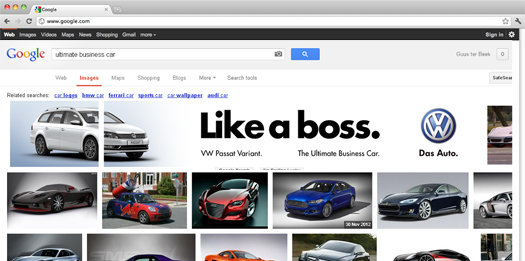
 In May last year an appeals court in Arnhem has upheld a murder verdict on the basis of the contents of the suspect’s browser history.
In May last year an appeals court in Arnhem has upheld a murder verdict on the basis of the contents of the suspect’s browser history. Only 1 in 20 Dutch secondary school students choose to take a computer science course,
Only 1 in 20 Dutch secondary school students choose to take a computer science course, 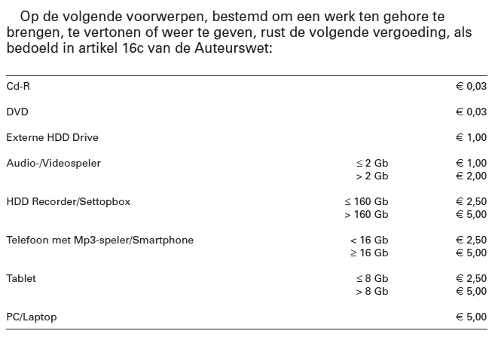
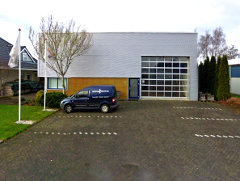 A museum dedicated to the computers of US manufacturer Apple has opened its doors in the town of Ureterp, just East of Drachten in Friesland.
A museum dedicated to the computers of US manufacturer Apple has opened its doors in the town of Ureterp, just East of Drachten in Friesland.
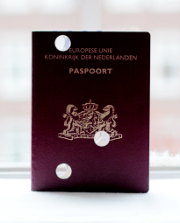 In 2011 Dutch web certificate company DigiNotar was compromised completely by an Iranian hacker, and a report released this week details how it was done.
In 2011 Dutch web certificate company DigiNotar was compromised completely by an Iranian hacker, and a report released this week details how it was done.